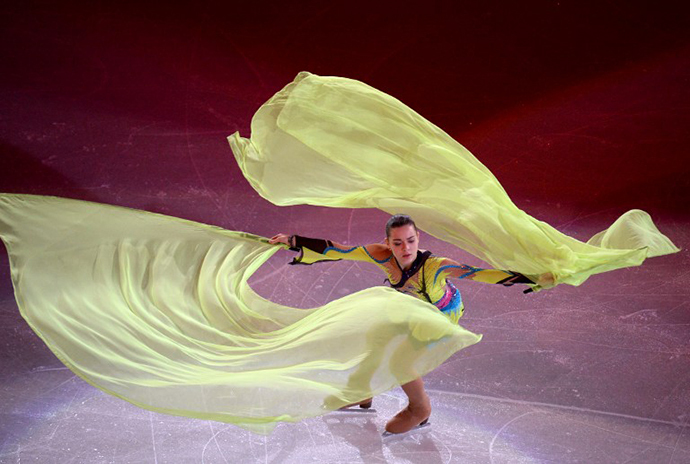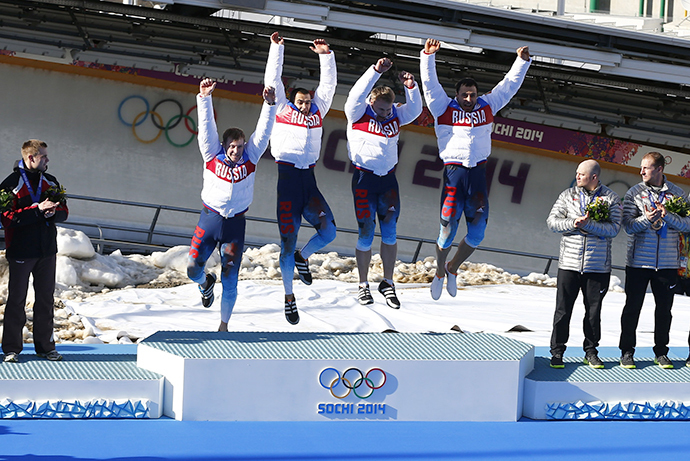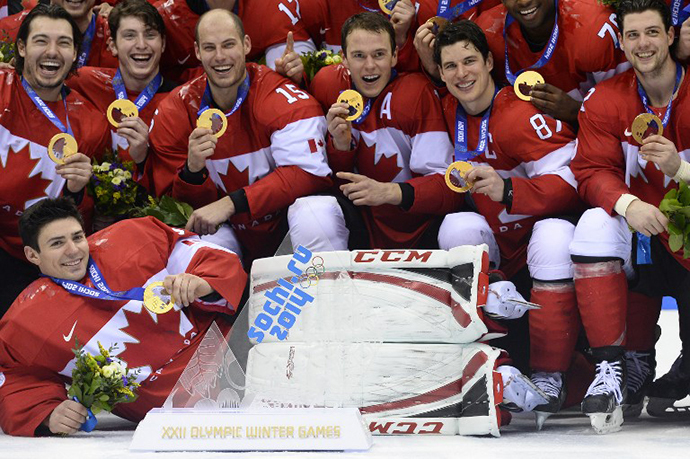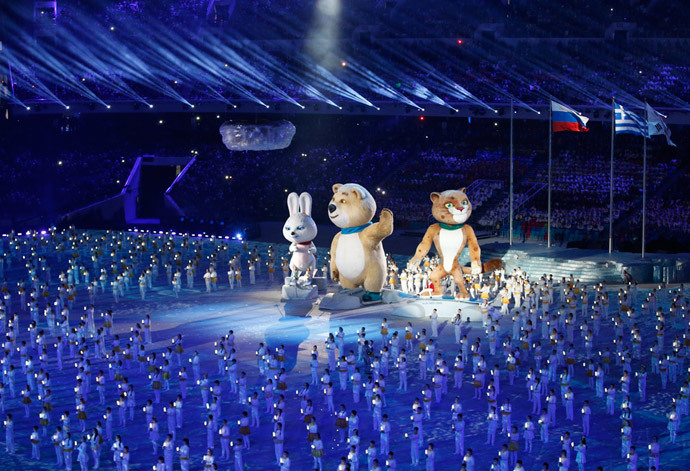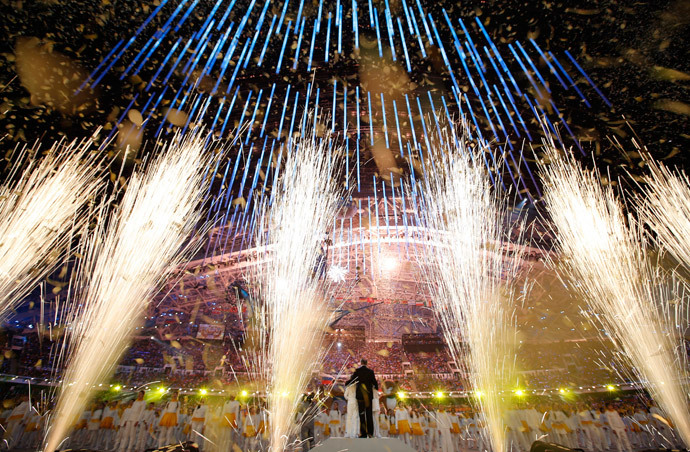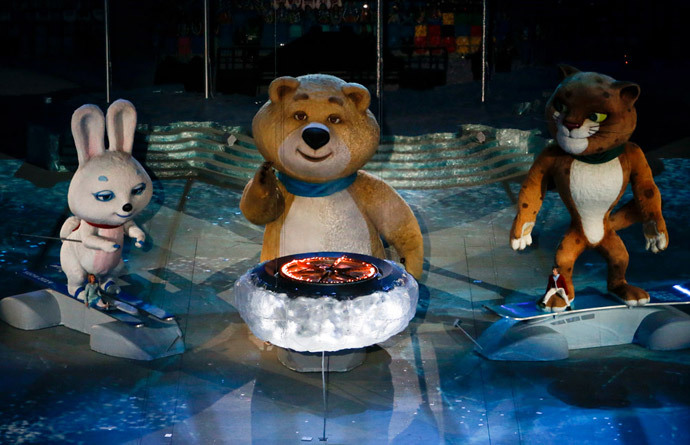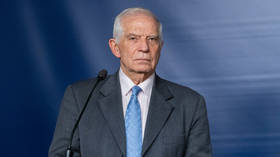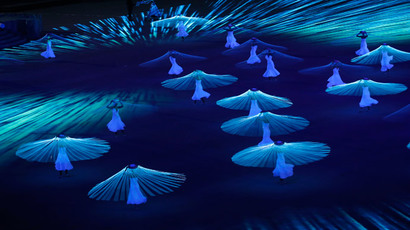Hot. Cool. Yours. Fin! Sochi Olympics close with breathtaking show
After two weeks of cheering, intense competition, and record-breaking achievements, the Sochi 2014 Olympic Games finally bid farewell, as athletes and fans gather one last time to admire the sparkling closing ceremony at Fisht Olympic Stadium.
The closing ceremony kicked off shortly after 8 p.m., maintaining the "20:14" theme. The display was a fantastic affair in “art-house style,” with spectators continuing their trip through Russian culture. Fireworks lit up the sky as a boat carrying Lyuba, Yura, and Valya floated over the audience and glittering shoals of 'fish' swarmed underneath.
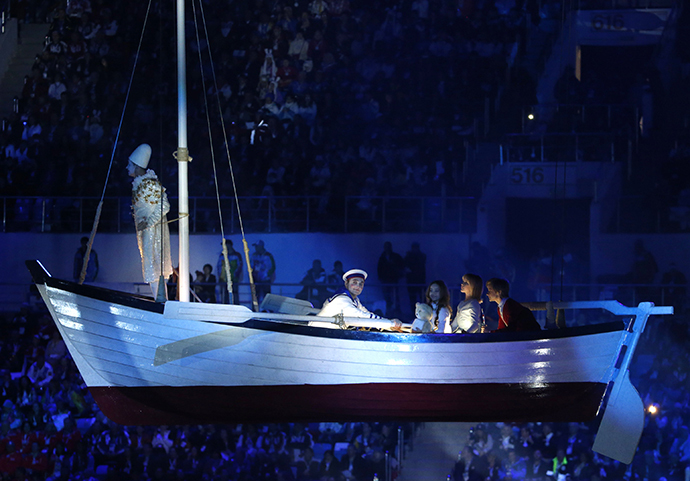
As the fish formed the shapes of Olympic rings, one in the top right-hand corner ironically hovered in a small bud-shape before victoriously bursting open.
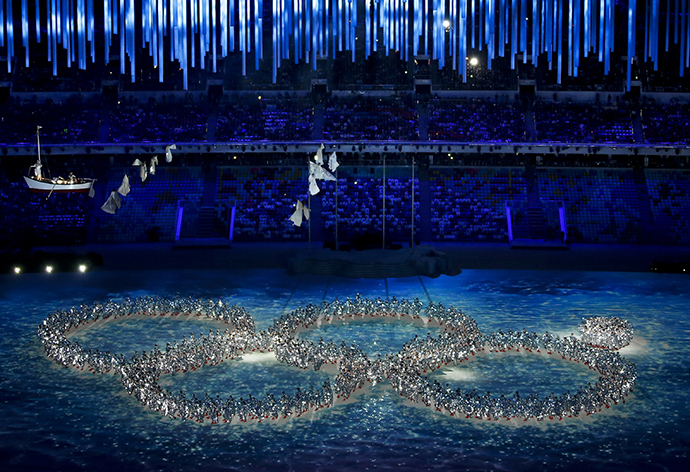
The Russian flag was brought into the arena by the Russian athletes who led their country to gold at the Games. Russian President Vladimir Putin and IOC president Thomas Bach were among the crowds, observing a subsequent rendition of the Russian national anthem sung by 1,000 children.
Athletes from the participating nations then marched into the arena, with Blur's 'Song 2' among the pieces played, before a hush settled upon the audience and Olympic champions prepared themselves to receive their medals on the podium.
Norway’s cross country skiers were presented with gold, silver, and bronze medals for the women’s 30 kilometer mass start free race, and Norway's national anthem was performed. Russian cross country skiers were next - Aleksandr Legkov, Maksim Vylegzhanin, and Ilya Chernousov also swept the podium in the men's 50 kilometer mass start race. The Russian anthem rang through the stadium after they were presented with their medals.
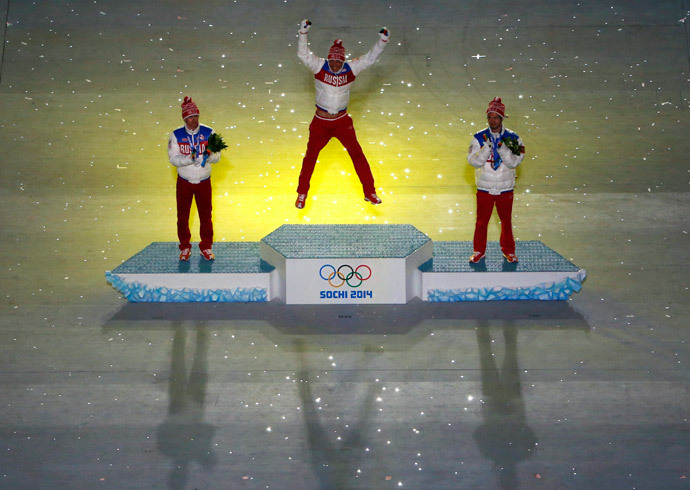
Performers then returned to the stage, dancing over a projected tribute to renowned artist Marc Chagall. Pianist Denis Matsuev performed Rachmaninoff's "Piano Concerto no. 2" to Lyuba, Yura, and Valya, as 62 pianos surrounded them. Mariinsky and Bolshoi Ballet dancers flocked into the arena.
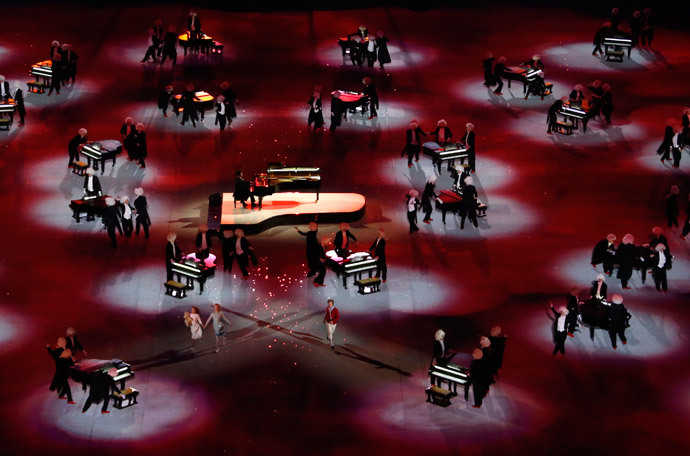
Russia's literary greats were then celebrated, being shown at their writing desks. Akhmatova, Dosteyevsky, and Pushkin were among those shown. Shostakovich's Waltz no. 2 heralded a crowd of circus performers' entrance into the stadium. An impressive acrobatic display was undertaken, after which the tent and its surroundings drained into a 'black hole' in the middle of the floor.
Everyone stood as the Olympic anthem was then played.
The flag of the games was taken down and ceremoniously passed by the Sochi mayor to his counterpart from Pyeongchang, which will host the next Winter Games in four years’ time.
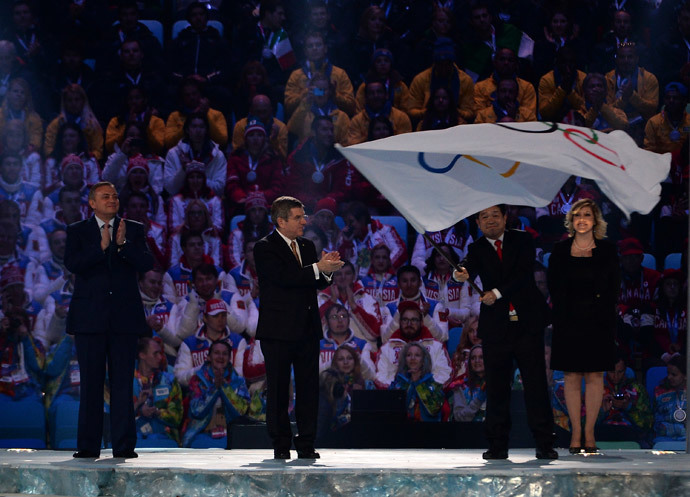
The president of the Sochi 2014 Olympic Organizing Committee, Dmitriy Chernyshenko, and Bach took to the arena to address the audience. Chernyshenko stated that the victory of the athletes had inspired people worldwide.
Bach thanked Putin, the Russian government, and the organizing committee, among others.
“Russia delivered all what it had promised. What took decades in other parts of the world, was achieved here in Sochi in just seven years,” Bach stressed. He then declared the Winter Olympics officially closed.
The Sochi 2014 mascots – the Leopard, the Hare, and the Polar Bear – drifted dreamily into the stadium as a maze of mirrors sprang up around them.
Singing children foreshadowed the coming spring, as a ship with Faberge egg-esque sails drifted overhead. Soprano Hibla Gerzmava's powerful voice resounded through the stadium.
The Polar Bear put out the Olympic flame with his breath, and the spectacular event ended with an enormous fireworks display.

Looking back at the Games, Olympic officials say they were grand in terms of both scale and results. A record 88 nations competed in Sochi, which beat the previous record of 82 set at the previous Winter Olympics in Vancouver in 2010.
The athletes were also fighting for a record number of medals. Overall 98 sets of medals were up for grabs during the Games.
No Olympics goes by without breaking records. Among those set in Sochi’s arenas were by Dutch speed skaters who achieved clean sweeps in no less than four events and medaled in every single speed skating race, both men’s and women’s.
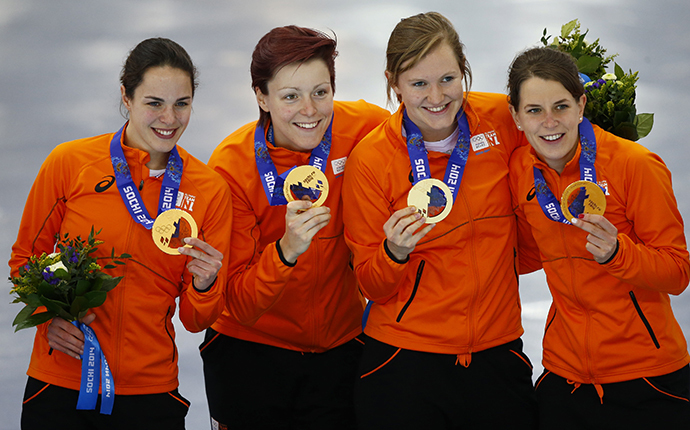
Along with the Dutch skaters, the Norwegian athletes also broke their own records. Cross country skier Marit Bjoergen now has six Olympic golds (she won three in Sochi), totaling a record number of medals for a woman at the Winter Olympics. Biathlete Ole Einar Bjørndalen became the most medaled Olympian in the history of the Winter Games, with 13 medals. He won his 12th and 13th medals in Sochi.
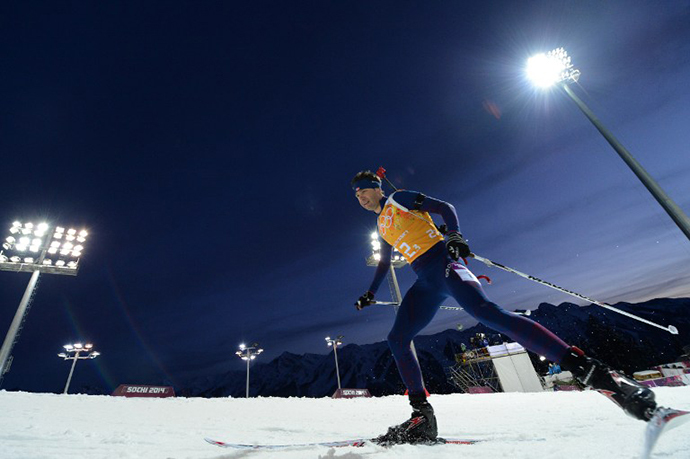
Figure skating has always been considered a “young” sport, as many skaters start to compete at a high level at the age of 17 or 18. However, Russia broke the 'young' record as 15-year-old Yulia Lipnitskaya became the country’s youngest athlete to ever win a gold medal at the Winter Olympics, after her splendid free skate in the team figure skating event.
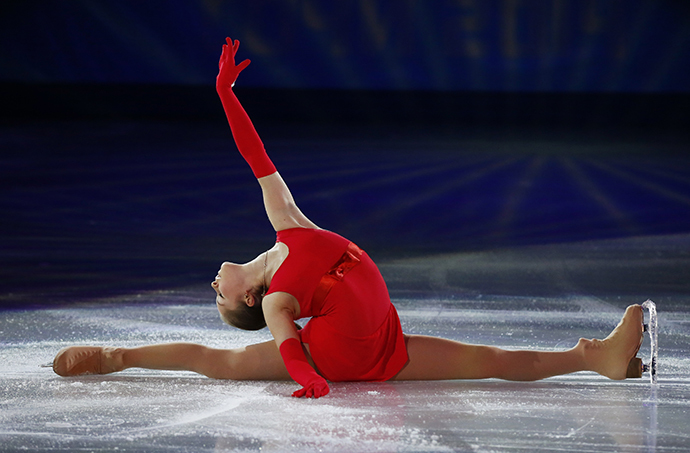
After 15 fierce days of competition, Russia topped the medals table after its athletes showed their skills in skiing, skating, and snowboarding. The host nation won 33 medals including 13 gold, 11 silver, and 9 bronze. The second and the third places went to Norway (26 medals, 11 gold, 5 silver, 10 bronze) and Canada (25 medals, 10 gold, 10 silver, 5 bronze).
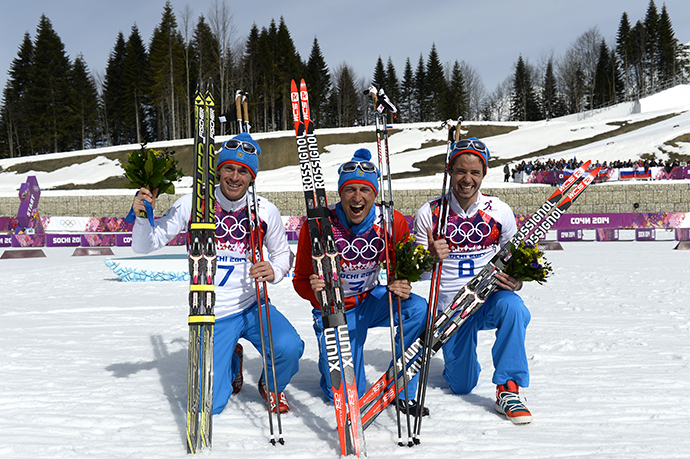
President of the International Olympic Committee Thomas Bach praised the organization of the Games and Russian hospitality.
“Let’s ask those who criticized the Games if they are ready to change their opinion,” Bach told reporters on Sunday. “I spent four nights in different Olympic villages and had an opportunity to learn the opinions of those sportsmen who are important to me. None of the athletes uttered a word of complaint to me.”
Still, the Olympic spirit won’t leave Sochi with the closing ceremony of the XXII Winter Olympic Games - because the Black Sea city will host the XI Paralympic Winter Games from March 7-16.
